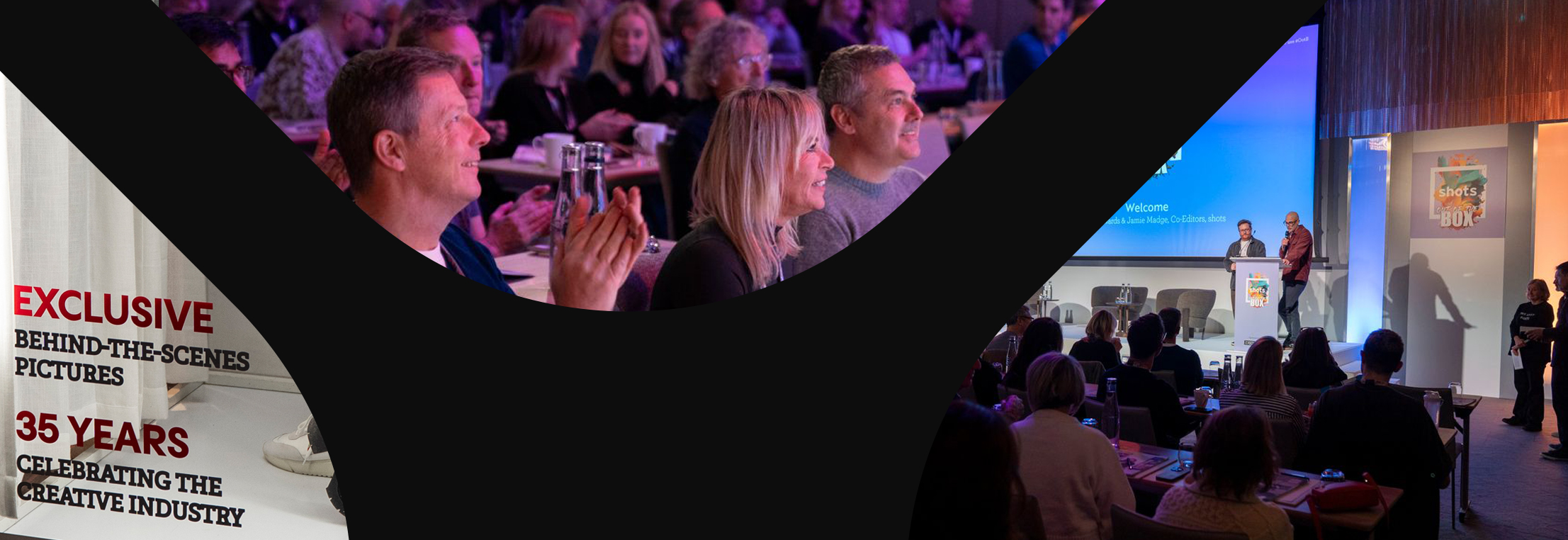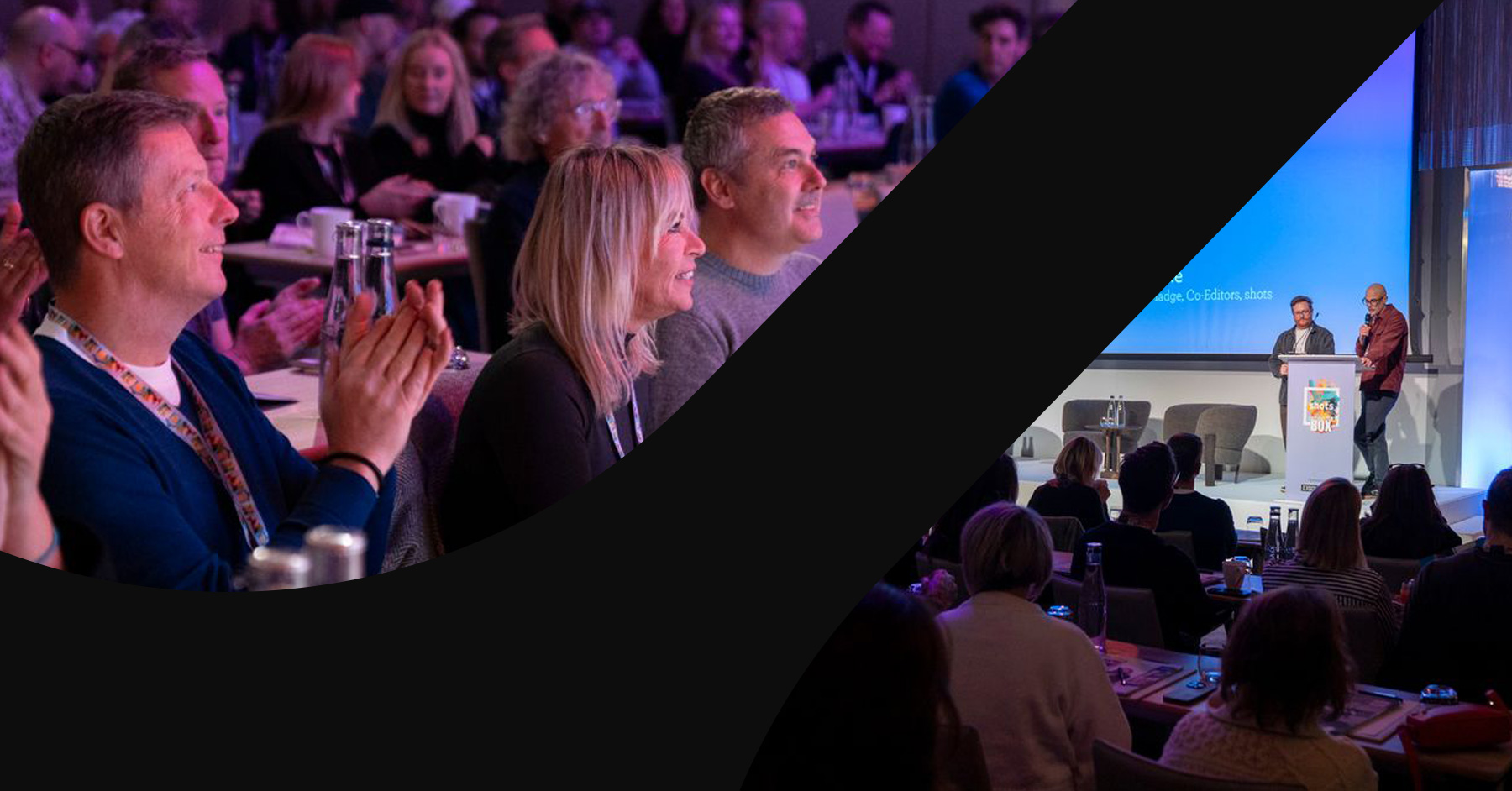Going Green
Sustainability isn’t simply a buzzword or a trend. The actions companies take to minimize their own carbon footprints while also promoting globally relevant eco-conscious initiatives matter to more consumers now than ever have before. In China, 80 percent of people who responded to a recent report from McCann Worldgroup, called “The Truth About Sustainability,” said they’re worried about climate change. Millennials and Gen Z members now account for $600 billion and $140 billion in US spending power, respectively, and both groups are vocal about their expectations: brands must be socially and environmentally responsible by taking concrete, measurable actions. Here’s a look at how marketers are delivering on sustainability promises.
Nixing Waste
Target is putting its money where its eco-conscious mouth is through a series of initiatives meant to cut back on current waste and create more sustainable models for the future. In early March, the shopping chain debuted a new design feature to help consumers invest in reusable products and thereby replace single-use packaging. Called the Target Zero icon, this label was added to hundreds of eco-friendly items—from refillable bottles to compostable bags to beauty products stored in recyclable metal tins as opposed to plastic containers. The easily recognizable designation “seems to be an ambitious plan to guide consumers in more sustainable choices,” according to Thomas Husson, VP at Forrester market research firm. A few weeks later, Target followed up that effort by announcing plans to open its first net-zero energy store in Vista, California. By using nearly 3,500 solar panels and carbon dioxide refrigeration, this location will generate an energy surplus of 10 percent, or more renewable energy than it needs to operate. “We’ve been working for years at Target to shift toward sourcing more renewable energy and further reducing our carbon footprint, and our Vista store’s retrofit is the next step in our sustainability journey and a glimpse of the future we’re working toward,” said senior VP John Conlin.
Meanwhile, London-based app Olio has invested in its mission to reduce household waste by sharing more and discarding less. In the UK alone, it’s estimated that 80 percent of the content thrown away by households could have instead been recycled, reused or composted. A new spot, called “Wonderful World” opens on a group of kids singing Louis Armstrong’s hit song “What a Wonderful World” while standing on a landfill overrun with plastic bags, broken electronics and discarded goods. “Olio now has more than 5 million members, sharing items in 59 countries. The environmental impact of their sharing has been equivalent to taking 100m car miles off the road and has saved 4.8bn liters of water,” Tessa Clarke, Olio CEO, told The Drum. Along with OOH ads that ran throughout London during January, TV spots appeared on Sky, Channel 4 and ITV channels.
Going for Greener Experiences
This year’s Super Bowl said it all: of the nine featured automobile commercials, seven were for electric vehicles (EVs). A study released by Accenture in September found that almost two-thirds of consumers surveyed in the US, China and parts of Europe now consider themselves “sustainability-minded drivers” who count environmental considerations as a primary concern when shopping for cars. Of these drivers, 30 percent were willing to pay up to five percent more for an environmentally friendly vehicle. It therefore follows that EV marketing is projected to become more prominent this year as auto makers strive to compete with Tesla, the original entrant in the field. Mercedes Benz, for example, just released its Vision EQXX car boasting a reduced battery size that can nevertheless sustain long-range travel, while General Motors’ Chevrolet launched an electric version of its iconic Silverado pickup truck.
From driving to traveling, Anheuser-Busch’s Corona beer brand tapped into consumers’ post-Covid wanderlust by unveiling a unique travel destination. Called Corona Island, this piece of paradise in the Caribbean Sea prides itself on being a natural refuge for indigenous animals where construction is made using 100 percent natural materials. Travelers will be limited, to help reduce environmental impact, and those who do visit may partake in workshops about living without plastic or culinary programs centered on local food sourcing. “We’re inviting people from around the world to come together and combine education with responsible tourism,” said VP Felipe Ambra. “Our hope is that when guests return home, they’ll have fallen in love with nature again and will be re-energized to be better global citizens in their communities.”
Getting Real
Sustainability has become more top of mind for consumers—but not all eco efforts are created equally. There’s a difference between brands that say they’re eco-conscious and those with actionable evidence to back up their words. Today’s savvy customers aren’t fooled by greenwashing initiatives that provide either deliberate or inadvertent information about environmentally sound practices. “As marketers in this space, it’s critical that we’re asking those hard questions about the language we’re using to make sure that we’re not unintentionally greenwashing or misleading people about our products,” said Marilla Perkins, senior director of marketing and strategic communications at Bolt Threads, a material-solutions company. Consumers tend to respond best to simplicity, which means brands should strive to communicate eco-sound messaging in 10 words or less. What’s more, consumers crave culpability. Brands should first transparently acknowledge the role they played in contributing to the global environmental crisis before admitting that fixing the damage will take time and affirming their unwavering commitment to this important cause.
Unilever and Coca-Cola recently released campaigns aimed at achieving real, actionable change. For Unilever, that came in the form of a “Make Taste, Not Waste” effort centered on a Super Bowl commercial starring comedian Amy Schumer. The company’s Hellmann’s mayonnaise brand partnered with Harvard Law School’s Food Law and Policy Clinic to call for a better food labeling, since it’s estimated that households waste $29 billion a year by discarding food items they incorrectly believe to be expired or unusable. Coca-Cola, meanwhile, teamed with beloved science personality Bill Nye to help improve recycling efforts. While it’s believed that up to 75 percent of Americans have access to curbside recycling, less than 30 percent of plastic bottles are currently being recycled. A stop-animation film “is really about how to invite the consumer alongside [on this journey] and inspire the consumer to be a part of our [sustainability] goals,” said Christine Yeager, director of sustainability at the Coca-Cola Company.
Sustainability matters because it affects every person living on this planet. Though it remains a complex issue, brands are finding new ways to take action, remind us that small changes make a big difference, and achieve meaningful solutions for the betterment of all.



.jpg)
